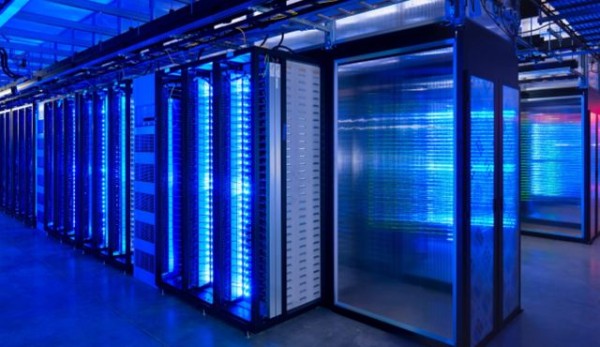What is the US Doing to Prepare Against a Massive Cyberstrike?
With all the recent hacking of sites, should the US be prepared for a crippling cyber-attack or is it just doomsdayers spouting off?
If you haven’t watched Die Hard’s fourth installment, Live Free and Die Hard, it’s a very fun movie. The fifth installment doesn’t come close. Featured in 2007, many can still relate to it today as almost everything is now more connected and dependent on computers and technology. It also depicts what could happen if the US or any other well-connected country comes under attack by cyber-terrorists. This isn’t a movie review but just to show a very possible scenario when everything is too connected and online and some rogue nation is waiting to destroy it and take advantage of the chaos that follows. If you have watched the movie, you know what I mean; if you haven’t, check it out at Netflix or iTunes then get back to reading.
We are now nearing the era of where everything will be connected. The Internet of Things. Sure, it may be convenient where we all have our personal JARVIS connected to the toaster, the coffee maker, the refrigerator and probably the kitchen sink to tell us that the coffee is ready and the toast is perfectly warmed at 85 degrees Celsius. While en route back home, we can tell the NEST thermostat to warm or cool down the house. But such a level of interconnection can also be dangerous—because of hacking. Take the case of Chrysler where they discovered that their vehicles can be hacked to such a level that it could endanger the occupant. Someone can remotely trigger the squirting mechanism to squirt the windshield without moving the wipers or even mess with the GPS. Chrysler’s researchers checked the extent of how a vehicle can be hacked and managed to run one off the road. The company issued a recall of 1.4 million vehicles.

In fact, the cloud front may have already started. Take the case of the recent hacking of the United States Office of Personnel Management where hackers, traced back to China hacked away with over 37 million records of federal employees. If that doesn’t look like an attack to steal important information, then it’s the result of some basement kid’s unconventional sense of humor. China has also been accused of hacking into private corporations, other government agencies and military contractors to steal intellectual property and government secrets. The US and China have already traded accusations of hacking, espionage and sabotage and the exchange continues. North Korea also managed to embarrass Sony by hacking into their systems as revenge for putting their leader Kim Jong Un in a bad light in the 2014 movie, The Interview. Other fans of the US with hacking talents include Iran, Russia and ISIS.
And what is the country up to? Connecting potentially dangerous appliances and even vehicles up to the Internet for convenience and corporate monitoring. The Chrysler incident makes this author’s mind wander off to movies like Maximum Overdrive and Will Smith’s I-Robot. But seriously, is such connectivity necessary in the midst of the many reported hacking incidents lately? Are we really ready for the Internet of Things? Has the government beefed up its cyber-security after the OPM incident? Will the Navy reconsider its continued use of Windows XP?
The top cyber-security experts of Silicon Valley seem to agree that by 2020 the US is in for a big one. Not an earthquake that will rip open the San Andreas Fault, but a massive hacker attack from a hostile nation that could rip open the country’s financial foundations and national defense. A country can be brought to its knees either way or worse, both ways. These security experts who come from companies like Hewlett-Packard and Paypal also agree that unless corporate culture with regards to cyber-security isn’t reformed, getting hacked is inevitable. The top reasons why supposedly secure institutions get hacked are:
- The use of weak passwords used by lazy people or people too busy to be concerned with security.
- Insufficient security procedures and protocols with regards to transfer and transit of data on storage and mobile devices.
- Insufficient security infrastructure.
Yet many people are busy sharing various kinds of information over the internet including sensitive ones; complaining about the lack of privacy while sharing intimate and embarrassing information over social media and even recording potentially embarrassing images and storing them over the cloud. It’s almost like Rome falling into complacency and decadence until it gets raided by Visigoths. Only a hacking attack the likes of 9/11 they say, can wake the world up from its stupor. But do we have to wait for such a thing?
Government and corporations need to get their priorities straight. There hardly any news of any agency implementing some new security measure or technology. But maybe the lack of news is for the best in case they are doing something about the holes in their systems. Determined hackers can often be one step ahead when they know what they’re up against.
It seems though that the US has five years to prepare for this new doomsday date (2020). With the right prepping, yes, cyber-prepping; the world can weather another end of the world. Hoping for the best. Taking off the sandwich board now.

